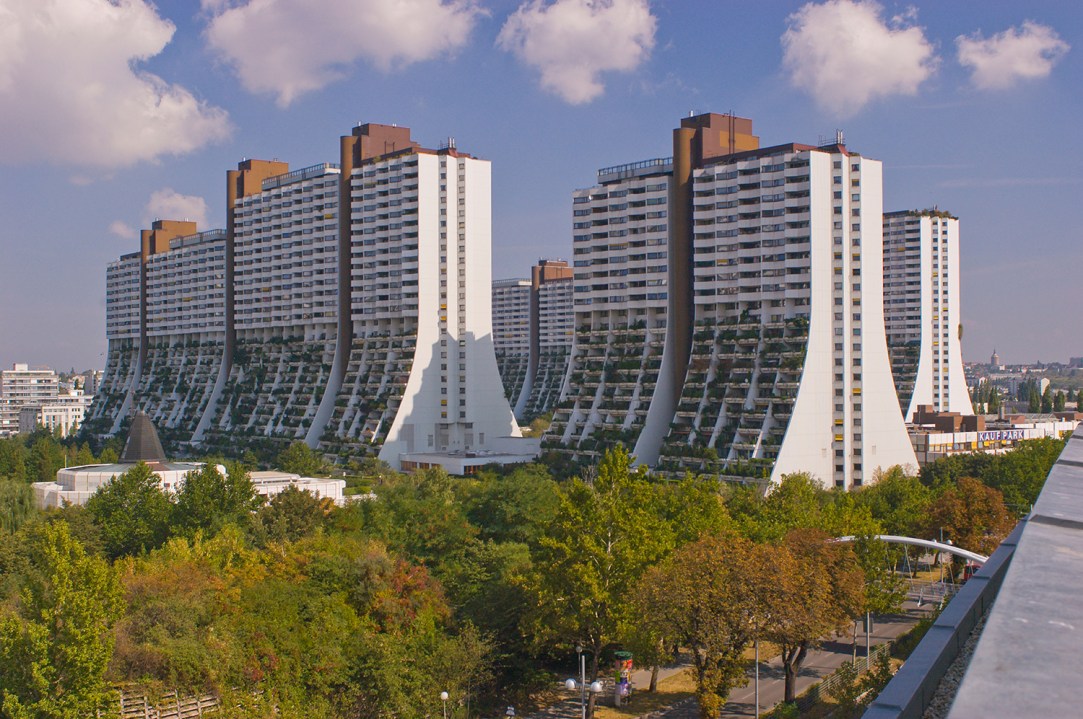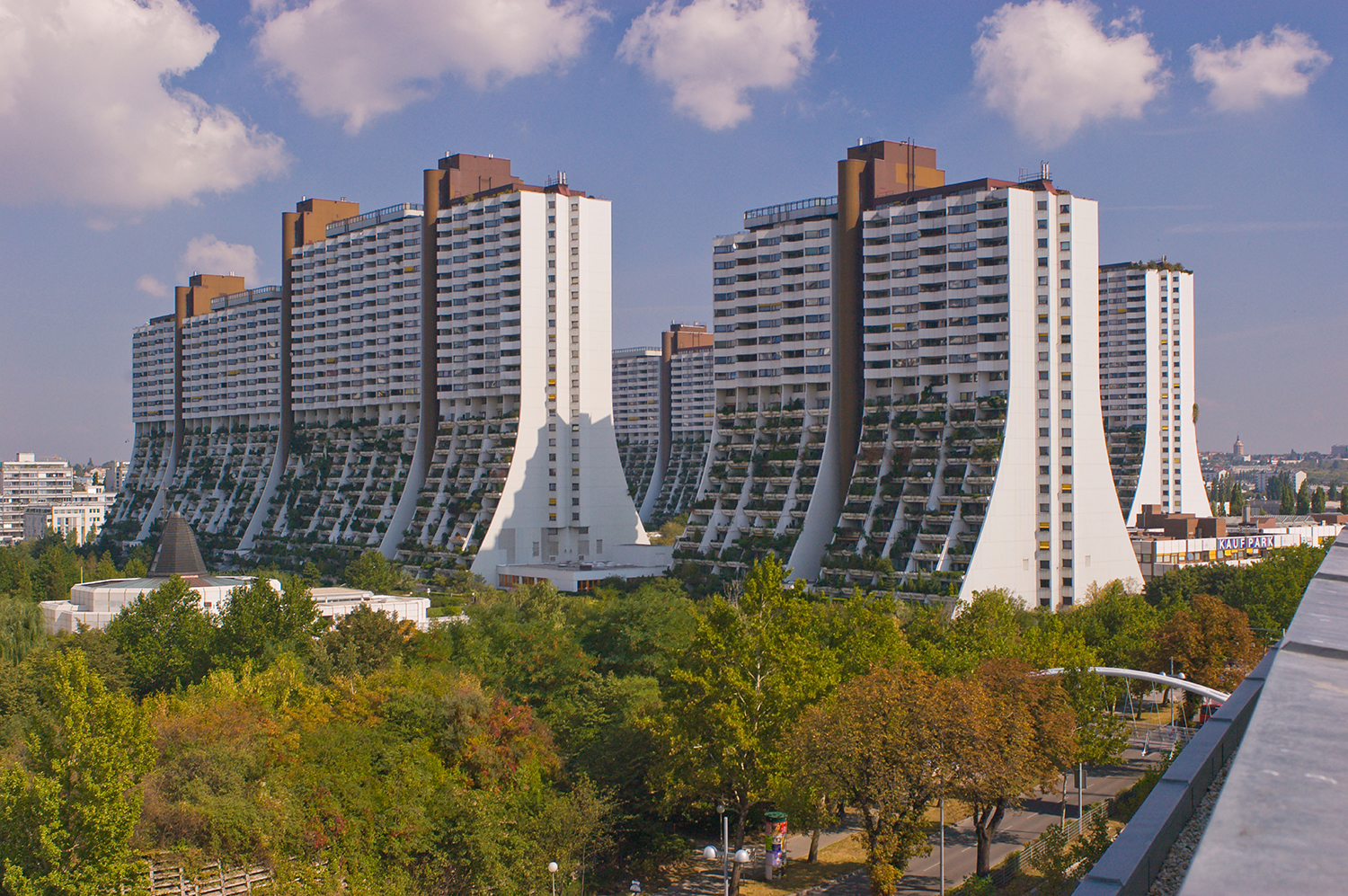Ask a member of Generation Z where in the world they would most like to live, and chances are they will say South Korea. K-pop and kimchi have made it indisputably fashionable, and if the Instagram account of one of my Korean friends is anything to go by, life there is really quite idyllic, provided you can forget who your neighbours are.
It would take the average worker more than a century to save enough money to purchase an apartment
A recent episode of Crossing Continents on Radio 4 presented a very different side of the story. John Murphy, a superbly enquiring producer and presenter, went to visit some of the residents who are suffering as a consequence of the country’s financial success. The Republic of Korea enjoyed an average of 5.45 per cent real GDP growth each year between 1988 and 2019 and now boasts the fourth largest economy in Asia. The export of cars and technological goods – Hyundai and Samsung remain major employers – has helped drive a rapid bounce-back following the pandemic, and the IMF forecasts further growth this year.
‘It’s like living in a cemetery,’ said Jung Seongno of the banjiha basement flat he rents in Seoul, which sounded wholly Parasite-like in its particulars. Several people died when their banjihas flooded last summer. Seongno, 40, confessed that he could only dream of residing ‘in a place where sunlight comes in and also wind can come in’.
The average property price in the capital has doubled in just five years to up to $800,000. It would apparently take the average worker more than a century to save enough money to purchase an apartment. The rental price of a banjiha can be half that of an overground property but the deposit can still be high. One of the bug-infested dwellings Murphy visited in the programme was no more than four metres square. It is little wonder that South Korea is witnessing a surge in single-person households and has the world’s lowest birth rate at 0.78 per woman.
Crossing Continents is to my mind one of the best produced foreign affairs documentaries on the BBC. In-depth, on-the-ground reportage, surprising cultural comparisons and a consistently measured and compassionate tone make it extremely satisfying listening. It has the Louis Theroux effect of making you feel as though you are getting under the skin of an issue but without the high drama.
Topics are sometimes revisited across series, so last week we returned to the issue of housing, only in Vienna, which served as a fascinating counterpoint to the episode on South Korea. The Viennese are said to be very proud of their social-housing policy, which thrives through the maintenance of significant land reserves for building and the wide range of income levels it caters to. I was astonished to learn that it is in some cases possible to earn up to £5,000 a month in the city as a two-person household and remain in social housing. The fact that inhabitants may pass their properties down to their children has as good as eliminated the gulf between renting and owning. It would have been interesting to learn a little more about some of the problems thrown up by the fact that only a fifth of the flats in Vienna are now privately owned.
If listening to all this cuts rather too close to the bone in housing-crisis Britain, I recommend seeking diversion through some armchair travelling. The Where to Go podcast is produced by the people behind the Dorling Kindersley Eyewitness travel guides and takes in a different location each fortnight.
Last month, young ‘ethical traveller’ Imogen Lepere took us to Nayarit on Mexico’s Pacific coast with its ‘pearl necklace’ of white-sand beaches. In another recent episode, Thessaloniki resident Amber Charmei described the influences of Asia Minor upon the local cuisine, including bread-like bougatsa pie. And in an episode on the British Isles, biologist and TV presenter Lizzie Daly sang the praises of the Isle of Mull for otter-watching and Skomer in Pembrokeshire for exploring sea birds. Black-legged kittiwakes, a declining species of gull, can apparently be spotted in the latter.
When I see the words Dorling Kindersley I tend to think of children’s books, so perhaps it is no accident that this podcast has a naive, childlike quality, which will either delight or annoy you, depending on your tolerance of undemanding questions and, not to sound too teacherly about it, giggling. ‘Do you have any interesting British animal facts?’ isn’t something you’d get away with asking Sir David Attenborough. James and Lucy, the hosts of the podcast, nevertheless seem so very nice that you find yourself nodding along and being grateful for a bit of easy listening. I’ll happily take tips for watching starling murmurations at Ham Wall in Somerset and lapwings in the Peak District as an antidote to scrolling through Rightmove.







Comments